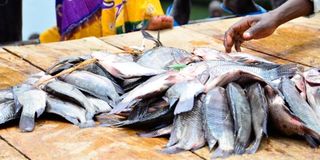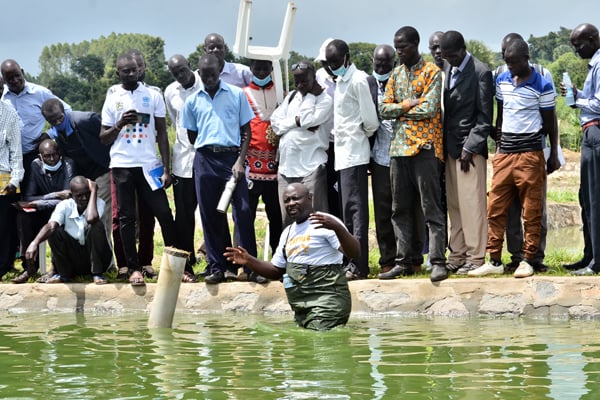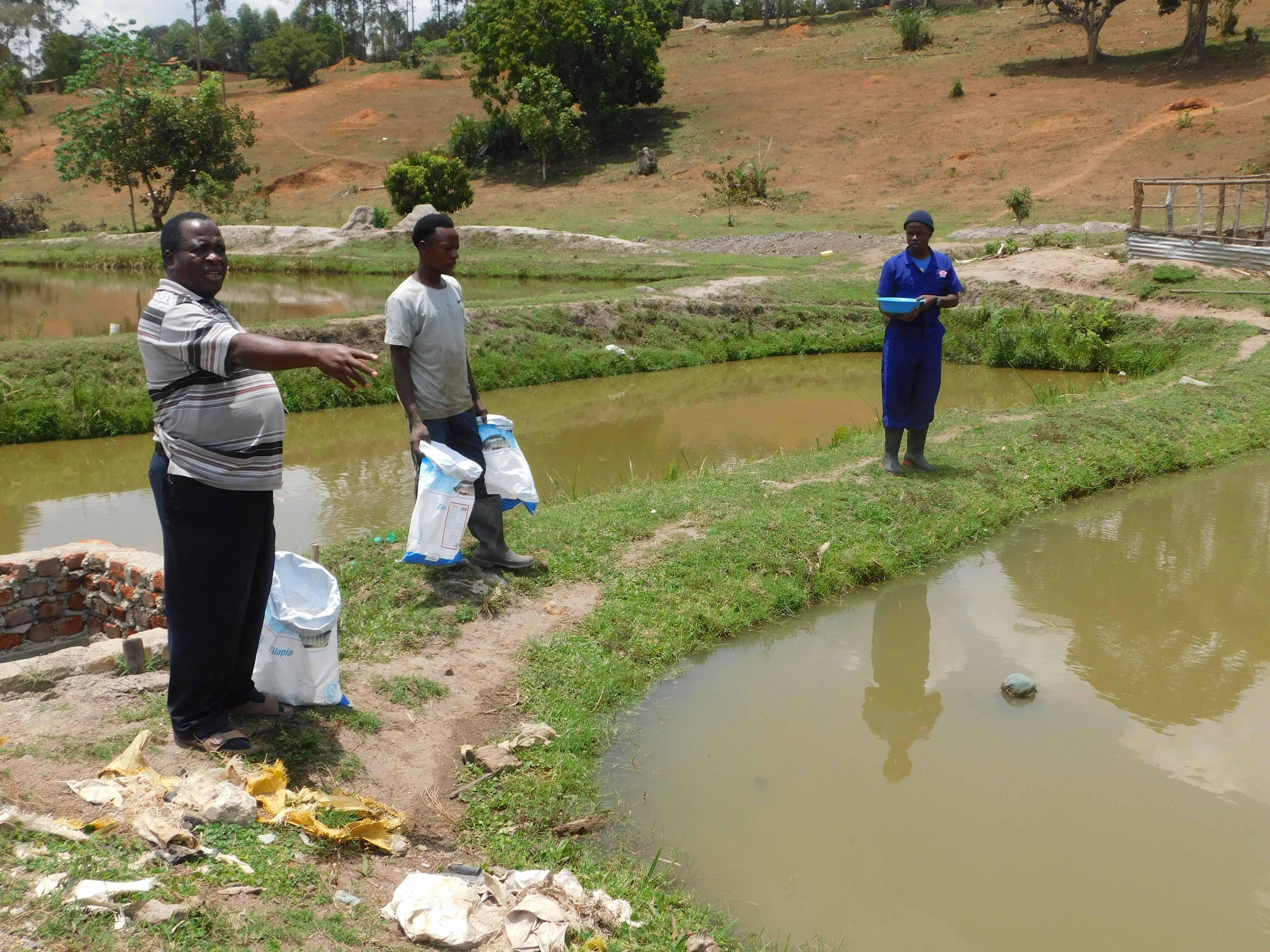Fishermen should embrace cage fish farming for wealth

What you need to know:
- Companies like Yalelo, Pearl aquatics, Geddo Ltd have capitalised on this and especially penetrated the export market reaping big from it.
The Ministry of Agriculture recently called out to fishermen to renew their licences and they were given a deadline of March 31 to comply or stop working. It did not take long for the fishermen to call out to the ministry to extend the deadline citing financial challenges.
The vice chairman of the association of fishermen stated that if not extended, many fishermen would be locked out because of lack of money.
This immediately reflected how several fishermen are still poor, struggling to have pocket change despite the sector being the second non-traditional export earner and various projects rolled out by both government and the private sector to help commercialise it.
The ministry, among other things, has made significant progress on the fisheries and aquaculture Bill, which when assented to, will revolutionise the sector establishing strong systems to help govern and improve it overall. The ministry also empowered National Fisheries Resources Research Institute (NaFIRRI) under National Agricultural Research Organisation (Naro), established a demonstration centre for capacity building on fish farming at Ngetta Zonal Agriculture Research and Development Institute (Ngetta ZARDI) under the Ministry of Water, and established aqua parks with help from the European Union. We have also seen UN Women offer support to women fishers in Bugiri where 28 fish cages were established. These are some of the interventions made in the past few years.
All these efforts scream wealth for the people involved. How then, are fishermen still struggling to clear licences, which should be one of the basic activities to fulfil?
The most vulnerable category of fishermen are the small scale fishermen who depend solely on what they catch from the water bodies. These have always been victims of illegal fishing, climate change and disease outbreak. Their incomes are affected at the slightest inconvenience because of the nature of their method, relying fully on nature.
Cage fish farming is usually looked at as an expensive venture, with mostly investors being attracted to it more than the regular people. This venture, however, holds a huge potential for the fishermen on open water bodies to embrace if they ought to tap into the huge market gaps that exist in the region and worldwide.
Companies like Yalelo, Pearl aquatics, Geddo Ltd have capitalised on this and especially penetrated the export market reaping big from it.
One of the most ambitious aquaculture producers in the continent, Victoria farms with over 50 stores in Kenya actively use cages to successfully achieve the huge harvests that feed their over 50 stores within Kenya and beyond. Credit to making fish the second non-traditional export earner is also largely attributed to aquaculture practices, cage fish farming included.
State of World Fisheries and Aquaculture reports agreed that sustainable aquaculture development remains critical in meeting the demands of aquatic foods. Aquaculture production increased from just 800 tonnes in 2000 to over 100,000 tonnes in 2019, according to FAO. These numbers continue to grow rapidly, especially with recent investors coming in and rice farmers embracing the culture as well.
On top of the financial challenge, there may also be an information gap, and lack of morale boost for these fishermen to also believe that just like the ones who have embraced the practice, they too can delve into and benefit from it, lifting them out of poverty.
It is therefore only proper for both government and the private sector to continue popularising aquaculture, with cage fish farming for the traditional fishermen to also gain from this rapidly growing sector.
Mercy Okorom, Communications Consultant, Geddo Limited.




